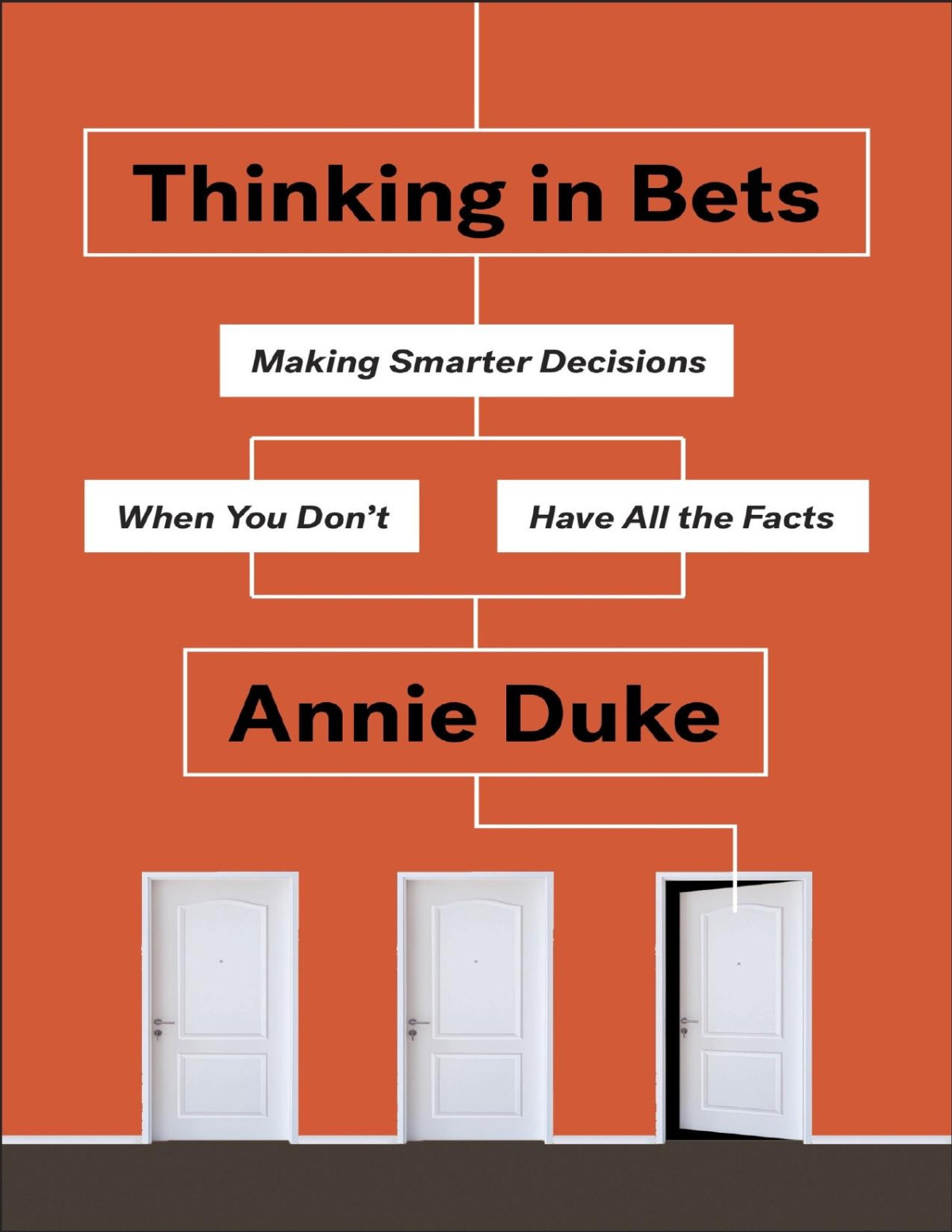

Most ebook files are in PDF format, so you can easily read them using various software such as Foxit Reader or directly on the Google Chrome browser.
Some ebook files are released by publishers in other formats such as .awz, .mobi, .epub, .fb2, etc. You may need to install specific software to read these formats on mobile/PC, such as Calibre.
Please read the tutorial at this link: https://ebookbell.com/faq
We offer FREE conversion to the popular formats you request; however, this may take some time. Therefore, right after payment, please email us, and we will try to provide the service as quickly as possible.
For some exceptional file formats or broken links (if any), please refrain from opening any disputes. Instead, email us first, and we will try to assist within a maximum of 6 hours.
EbookBell Team

5.0
110 reviewsPoker champion turned
business consultant Annie Duke teaches you how to get comfortable with
uncertainty and make better decisions as a result.
In Super
Bowl XLIX, Seahawks coach Pete Carroll made one of the most
controversial calls in football history: With 26 seconds remaining, and
trailing by four at the Patriots' one-yard line, he called for a pass
instead of a hand off to his star running back. The pass was intercepted
and the Seahawks lost. Critics called it the dumbest play in history.
But was the call really that bad? Or did Carroll actually make a great
move that was ruined by bad luck?
Even the best decision doesn't
yield the best outcome every time. There's always an element of luck
that you can't control, and there is always information that is hidden
from view. So the key to long-term success (and avoiding worrying
yourself to death) is to think in bets: How sure am I? What are the
possible ways things could turn out? What decision has the highest odds
of success? Did I land in the unlucky 10% on the strategy that works 90%
of the time? Or is my success attributable to dumb luck rather than
great decision making?
Annie Duke, a former World Series of Poker
champion turned business consultant, draws on examples from business,
sports, politics, and (of course) poker to share tools anyone can use to
embrace uncertainty and make better decisions. For most people, it's
difficult to say "I'm not sure" in a world that values and, even,
rewards the appearance of certainty. But professional poker players are
comfortable with the fact that great decisions don't always lead to
great outcomes and bad decisions don't always lead to bad outcomes.
By
shifting your thinking from a need for certainty to a goal of
accurately assessing what you know and what you don't, you'll be less
vulnerable to reactive emotions, knee-jerk biases, and destructive
habits in your decision making.